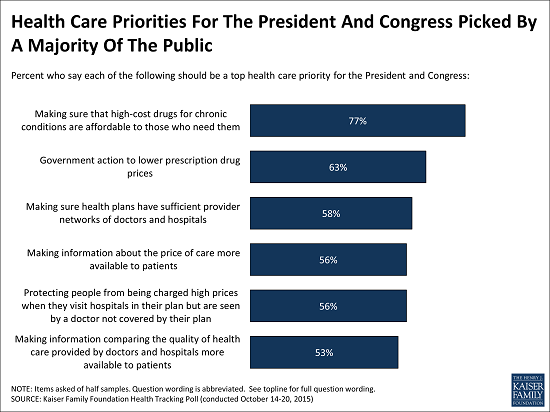

Typically, this type of HRA is integrated with a high deductible health plan. HRA Integrated with Employer-Sponsored Health CoverageĪn HRA is “integrated” if an employer offers the HRA in conjunction with other group health insurance in which the employee must be enrolled and that on its own is in compliance with the market reform requirements of the ACA. Currently, there are three types of allowed Health Reimbursement Arrangements (HRAs) under the ACA: The Act repeals the Cadillac tax for tax years beginning 2020.Īn HRA is an arrangement that is paid for solely by the employer-that is, not provided through a salary reduction election or otherwise under a cafeteria plan-that reimburses the employee for qualified medical expenses up to a maximum dollar amount for a coverage period. The ACA also imposed a nondeductible excise tax on insurers when the aggregate value of employer-sponsored health insurance coverage for an employee, former employee, surviving spouse, or other primary insured individual exceeded a threshold amount-commonly referred to as “Cadillac” plans. The Act repeals this fee, effective as of 2021. The ACA imposed an annual flat fee, effective January 1, 2014, on covered entities engaged in the business of providing health insurance with respect to U.S. The Act repeals the medical device excise tax for sales occurring after December 31, 2019. Under the ACA, the sale of a taxable medical device by the manufacturer, producer, or importer was subject to a tax of 2.3 percent of the price for which it is sold. The Act repeals several ACA excise taxes, including the medical device excise tax, the health insurance provider’s fee, and the high-cost employer-sponsored health coverage tax. On December 20, 2019, President Trump signed into law the Further Consolidated Appropriations Act, 2020 (Act). Employers and providers who do not meet the deadlines should file the overdue forms as soon as possible, because the IRS will take the late forms into account in determining whether to abate the late-filing penalties. No relief is provided to reporting entities that do not make a good faith effort to comply with the regulations, or that fail to file an information return or furnish a statement by the due dates. The relief applies to missing or inaccurate information on the return or statement, including taxpayer identification numbers and dates of birth.

In addition, the Notice includes some relief from certain penalties for reporting entities who can show they have made good faith efforts to comply with the information reporting requirements for 2019-for both furnishing to individuals and filing with the IRS. However, a 30-day extension for filing these forms with the IRS is still available by filing Form 8809, Application for Extension of Time to File Information Returns.

The Notice did not extend the due dates for filing 1094-B, 1095-B, 1094-C and 1095-C, which are February 28, 2020, if not filing electronically, and March 31, 2020, if filing electronically. Under Notice 2019-63, the IRS has extended the due date for furnishing individuals the 2019 Form 1095-B, Health Coverage, and the 2019 Form 1095-C, Employer-Provided Health Insurance Offer and Coverage, from Januto March 2, 2020.

The so-called “employer mandate,” as well we the related required reporting, remains in effect. Under the ACA, applicable large employers could be subject to a penalty if they do not offer minimum essential coverage to their full-time employees and those employees’ dependents, or if they offer unaffordable coverage or coverage that does not provide minimum value. Therefore, while the individual mandate is technically still in effect, the IRS is no longer enforcing it. The Tax Cuts and Jobs Act (TCJA) reduced the individual shared responsibility payment amount to “zero” as of January 2019. The penalty was assessed for each month the required insurance was not maintained. Under the ACA as it was instituted, individuals who did not qualify for an exemption were required under a provision known as the “individual mandate” to have minimum essential health insurance coverage or be subject to a shared responsibility penalty. Given the complexity of the law and various changes to it since its onset, coupled by the fact that we have just entered a new year and decade, now is an ideal time to review the act's latest revisions and highlight potentially impactful developments. Several notable changes were made to the Affordable Care Act (ACA) in 2019.


 0 kommentar(er)
0 kommentar(er)
